Obituary: Paul Hodges
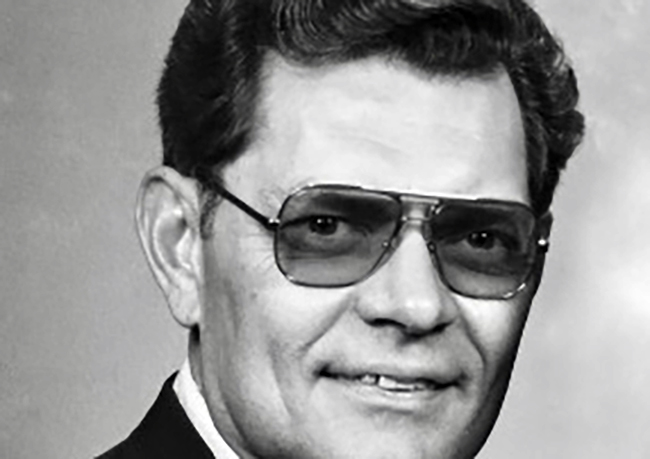
Beloved and dedicated father, husband, solver of problems, fixer of things
One day in the early 1960s, armed soldiers at the gate of a top secret Lockheed aircraft complex were surprised to observe the arrival of a young man in a very odd looking car. “It’s a French-made Citroen,” the man explained, as he displayed his new photo ID to the guards. The gate-barrier lifted, and Paul Hodges drove through and got his first look at “The Skunk Works.” He was to work there for more than six years, laboring over design drawings of the front landing gear of some aircraft no one could talk about. Almost a decade would pass before he would learn that he had helped in the development of the SR-71 Blackbird, “the fastest, highest flying, most magnificent plane in the world,” he said.
Paul was born to Winfred and Nellie Hodges on February 14, 1933, “the third born surviving son of a family of gifted, capable people,” his family shared. “They were good with their hands and good with their brains. From a young age, Paul watched them and learned and soon became very capable himself.” He could build things and fix almost anything — nonworking clocks, cameras or carburetors — he could take them apart and rebuild them to working order. He became known as a problem solver and general answer man, and he would be called upon and depended upon by others for most of his life.
“It became apparent early on that Paul was anything but ordinary,” his family said. “He had his own approach to life, his own style. As a young man, when fast and powerful cars were popular, he chose instead the more practical ones, the smaller more gas efficient ones with no frills. Beauty in design was apparently of little importance to him, for some of his cars were not just homely, but downright ugly. And some were just plain strange, like his beloved, but frog-like, Citroen. He was also apparently of the mind that a man can’t own too many Fiats, for he kept a selection of them on hand for years.”
He worked a variety of jobs in his life, mostly technical in nature as his abilities became more and more in demand. He often dictated the terms of his employment: no working on weekends, no night work and no working out of town, nothing to interfere with his family time.
He enjoyed his life and had many interests. Having worked during his teenage years in his family’s Hodges Bakery, he was fascinated by the trade and learned a lot about baking. Years later, he would spend considerable time attempting to duplicate some of the wonderful recipes developed in that bakery, and he would often bake bread and tasty sweet rolls and deliver them to his lucky friends and family on special occasions.
He loved trains and train rides through beautiful country. He had a gift for storytelling and had no shortage of listeners. He enjoyed family vacations with his grandchildren. He pursued photography and shot 3D slides with his stereo camera to be viewed through View Master machines. In his later years he even took up painting.
He was an attentive husband to his wife, Janet, a music girl/piano teacher, and attended all 58 years of her students’ piano recitals. He was a committed father as well, supporting his daughters in every way possible. When they became involved in their high school’s marching band, he never missed an event and found ways to help them. He even designed and built the 10-foot-long “CLAREMONT” sign the marchers carried at the very front in their parades. When his girls were given roles in school plays, he was always there, creating, building, painting and moving props, always helping. “Paul offered wise guidance to his daughters as well, regularly reminding them to go to church and to vote,” his family said.
In addition to his family, the blessing he valued above all else was his faith. “His was a strong faith in God, the guiding light of his life,” his family added. “He was a charter member of Claremont’s First Baptist Church, rarely missing a Sunday there. He sang bass in the choir and wore a different tie every week. He didn’t just attend church; he was a leader there and over time took on the responsibility of maintaining the church in good repair. When a problem arose, everyone knew to call Paul.
“In short, Paul was a fine man by any measure, loved and respected by those who knew him. He was one of the good guys among us. It’s hard for us to lose our good guys, for there are far too few of them. We struggle, therefore, to say goodbye to Paul. We’ll miss his good character, his gentle words and his wise counsel. But nothing on this earth is permanent. We know that Paul is now with God and a certain music girl, in a far better place than here. Nevertheless, we will still think of him often and wish we could have had him longer. But God must have had other plans for him.
“Maybe something in Heaven needed fixing.”

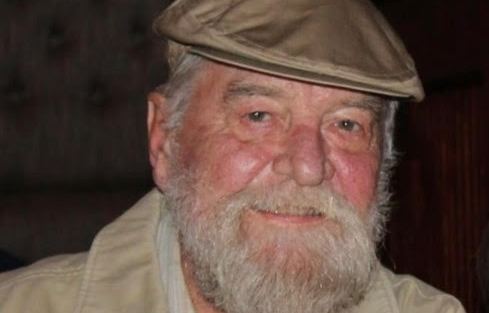
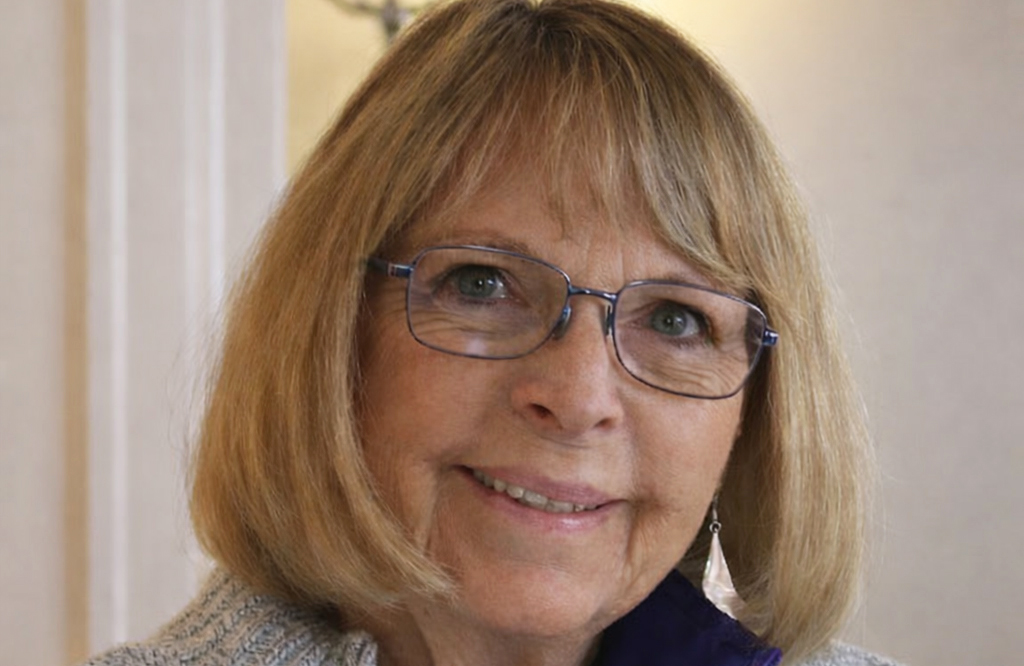
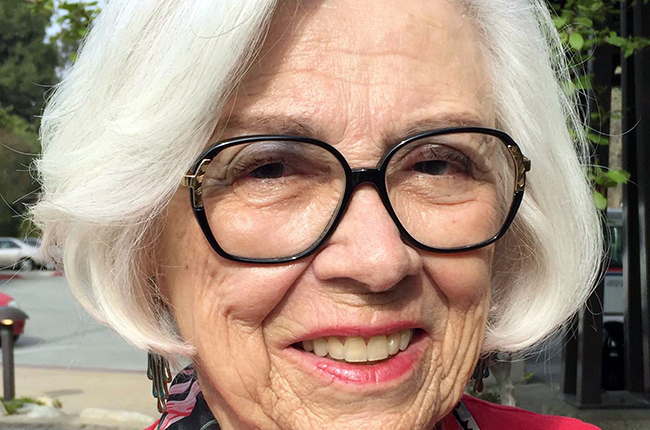

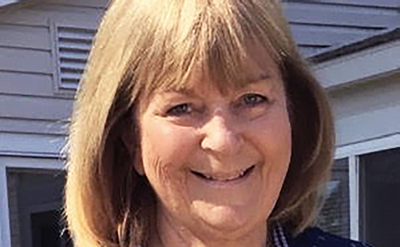
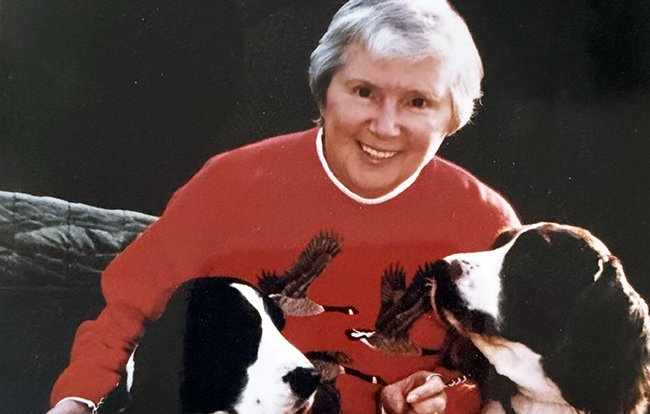

0 Comments